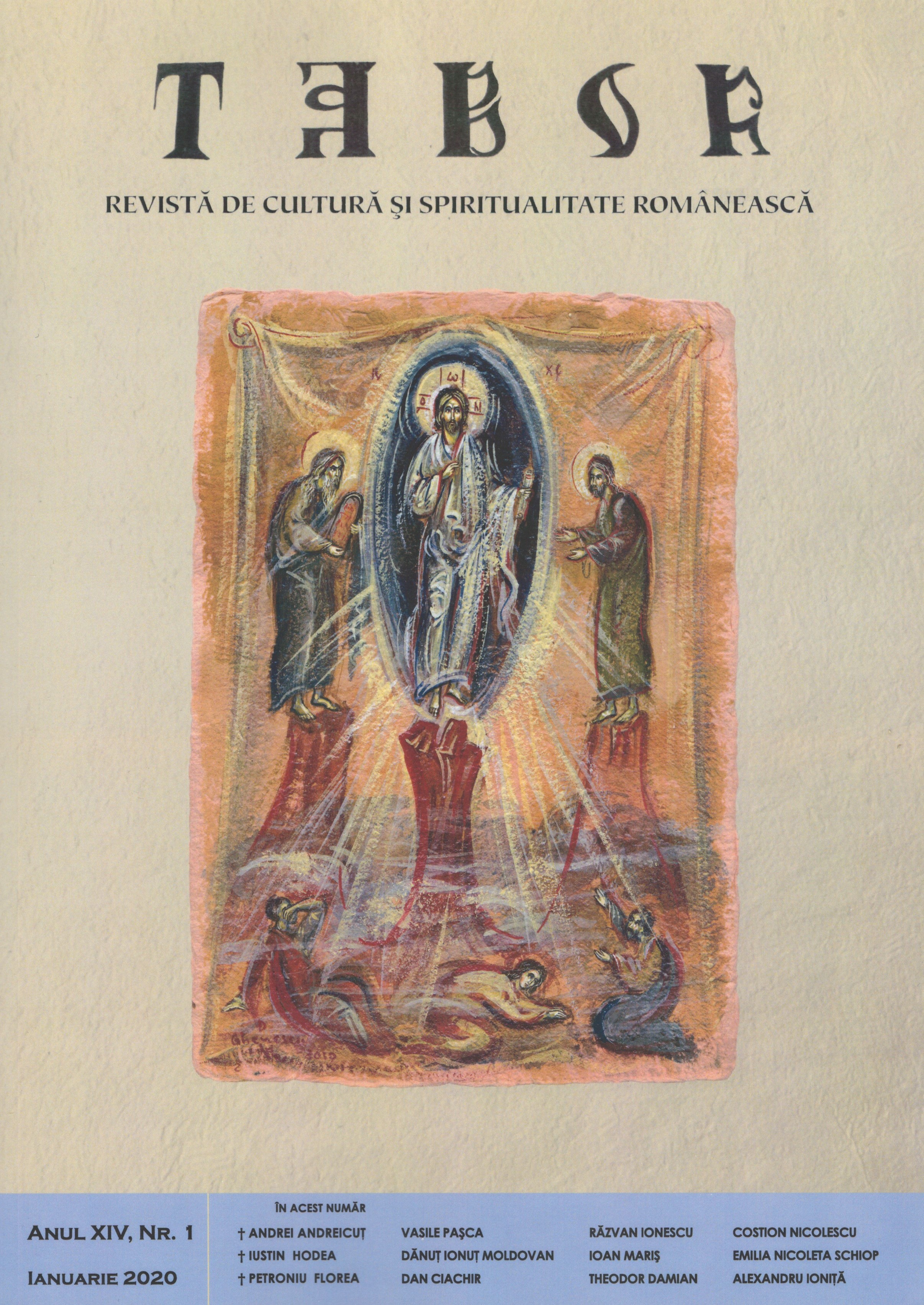Misiunea Bisericii în bioetică
The Church’s Mission in Bioethics
Author(s): Dănuţ Ionuţ MoldovanSubject(s): Pastoral Theology, Eastern Orthodoxy
Published by: Renaşterea Cluj
Keywords: Orthodox Church; Bioethics; biomedical technologies; medically assisted procreation; in vitro fertilization; heterologous fertilization; surrogate mother;
Summary/Abstract: The new biomedical technologies have an impact on every aspect of human life, from the moment of conception until death. The purpose of bioethics is to offer an answer to the recent development that has taken place in terms of instruments and procedures aiming to assist (pro)creating and sustaining human life. Being a divine-human institution, the Church gives the human life a sacred and eternal feature as the Holy Trinity took part in its creation and as the human nature’s last and supreme purpose is the communion with the three entities of the Holy Trinity, the participation as human beings in God’s personal life. Bioethics is also a theological science by nature because it reflects the pivotal values of human life, but also the tools through which the biomedical technology can properly serve the ultimate purpose of life. Regarding the various methods of medically assisted procreation, the Church has made its mission to involve in tackling all of these. It does this starting from the sacred character of human life since its beginnings, the respect for human dignity, the liberty but also the responsibility of the parents to decide in agreement with God’s will. For example, some of the in vitro fertilization practices (the surrogate mother, the heterologous fertilization etc.) cannot be accepted by the Orthodox Church because they raise a multitude of problems, not only legal and social, but also theological and pastoral.
Journal: TABOR. Revistă de cultură şi spiritualitate românească
- Issue Year: XIV/2020
- Issue No: 01
- Page Range: 30-41
- Page Count: 12
- Language: Romanian
- Content File-PDF

